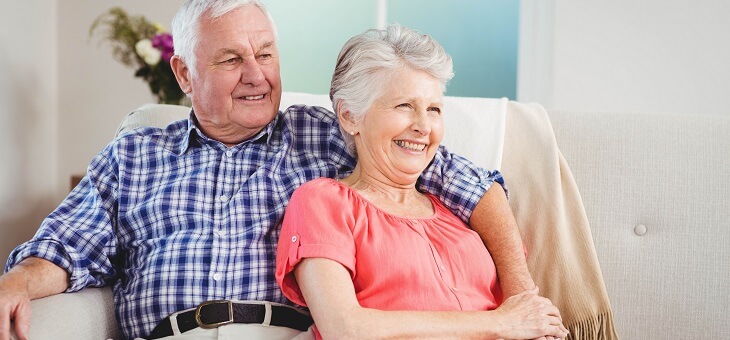Q. Ted and Fran
We own a house valued at approximately $720,00, but not the land, in a retirement village. We have a 99-year lease on the property. We can sell our house at any time.
Both my wife and I receive a pension, we have no investments and spent most of our money on our current house. We have no mortgage and wanted to apply for the government’s home equity payment for a sum of $100,000 over a period of 10 years but have been told we do not qualify.
Why? We both feel discriminated against and feel that there must be many people like us in the same position.
•••
A. A Department of Social Services spokesperson explains:
The Home Equity Access Scheme (HEAS) enables senior Australians to generate additional retirement funds by accessing the equity in their home, if they wish to do so.
Legislation requires a HEAS recipient to have real property in Australia to use as security for the loan.
In practical terms, this means a recipient must have their name on freehold (or equivalent) title to land. As loans under the scheme are generally repaid only when the securing property is sold or out of the person’s estate, having an underlying interest in the land ensures the security is likely to be adequate over the long term and that the debt can be recovered.
The legal and contractual arrangements for retirement villages vary widely by jurisdiction and provider. Each application is assessed on individual circumstances.
However, models using land lease, leasehold, loan licence or similar arrangements generally do not provide land ownership (or the equivalent), and therefore cannot be used as security for the purposes of HEAS.
If you enjoy our content, don’t keep it to yourself. Share our free eNews with your friends and encourage them to sign up.

